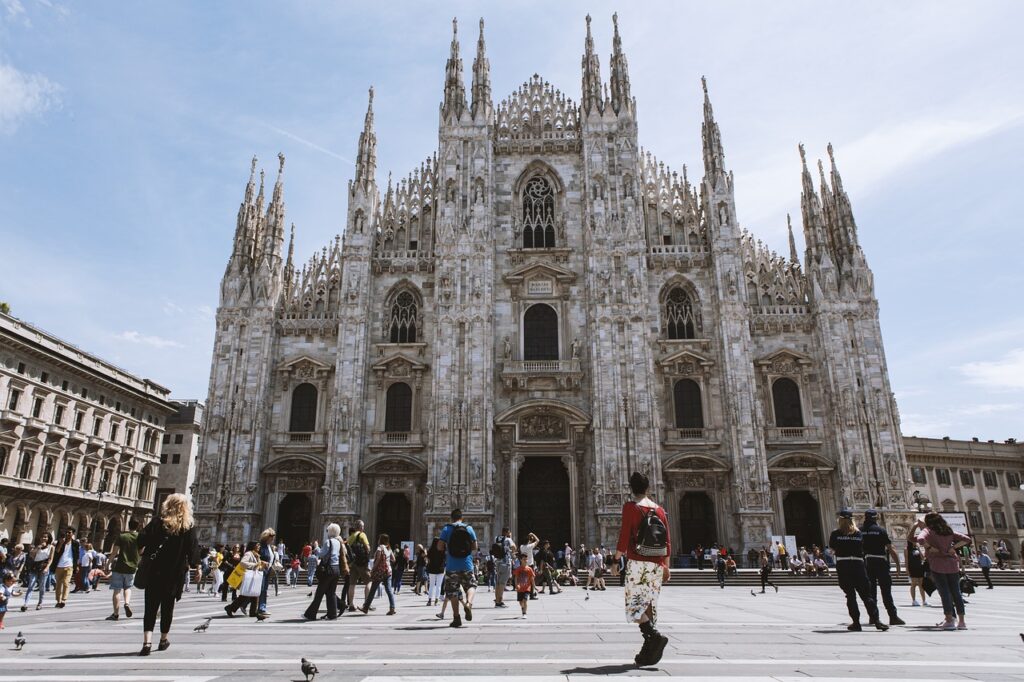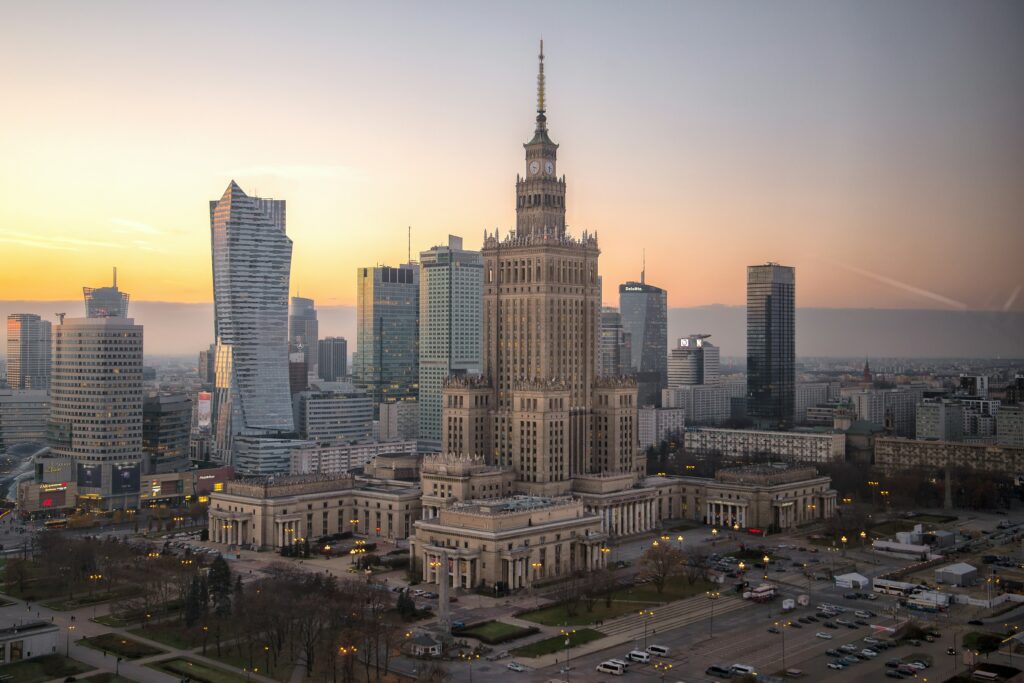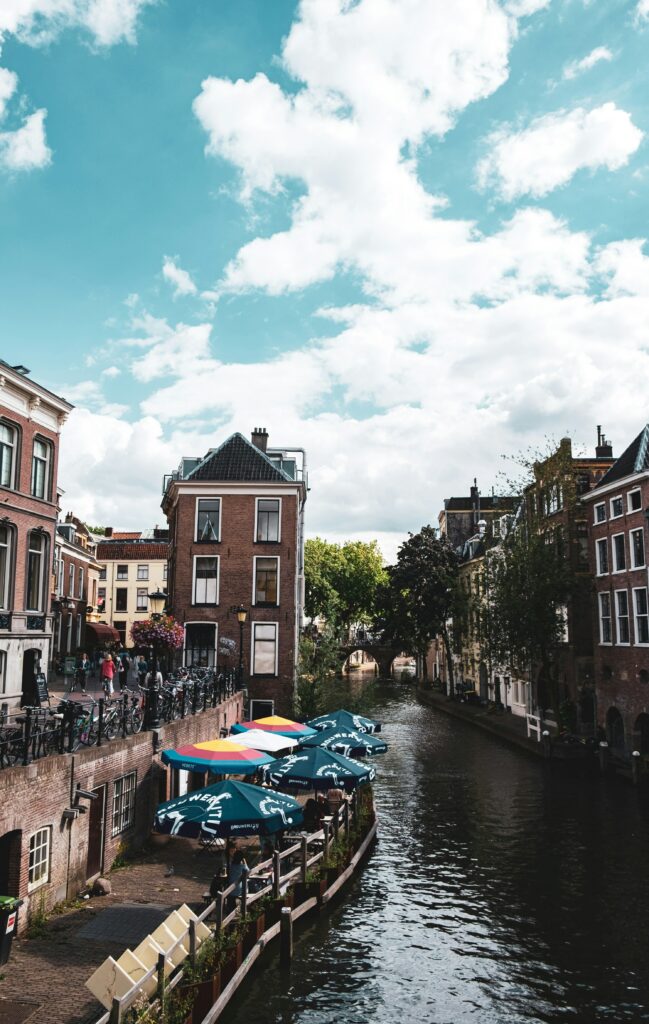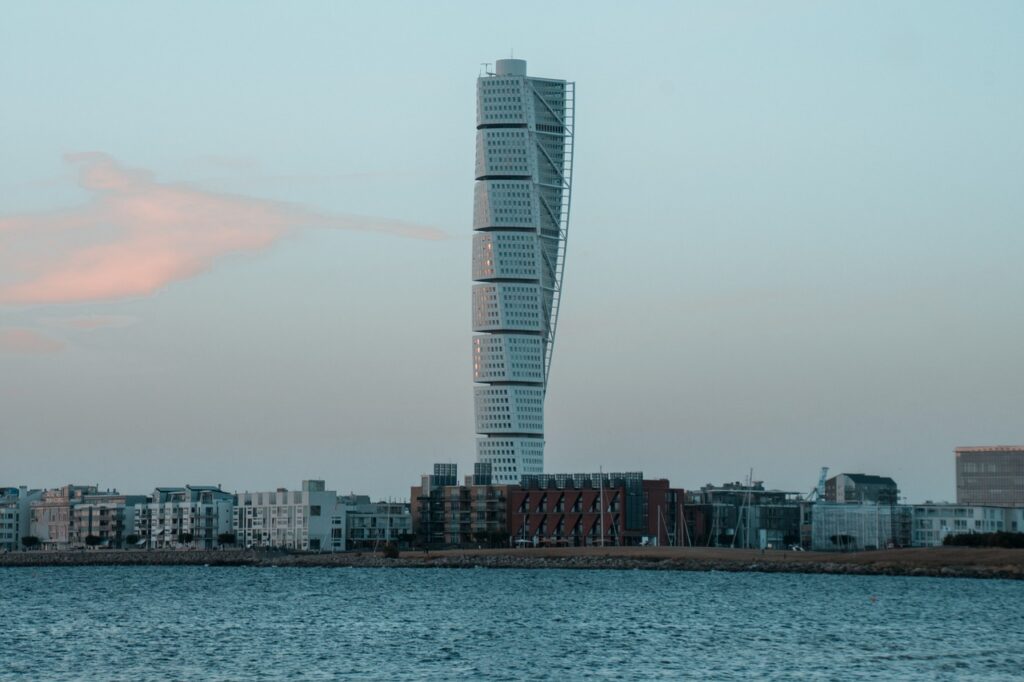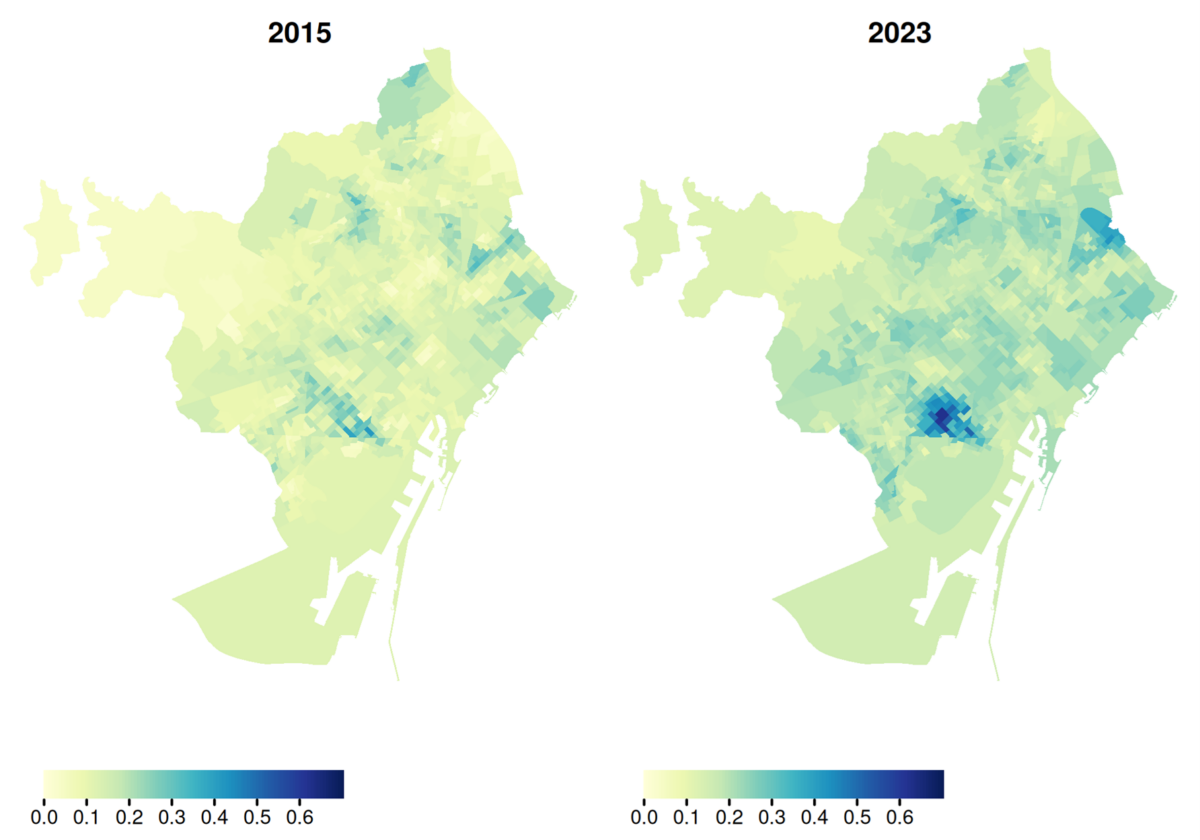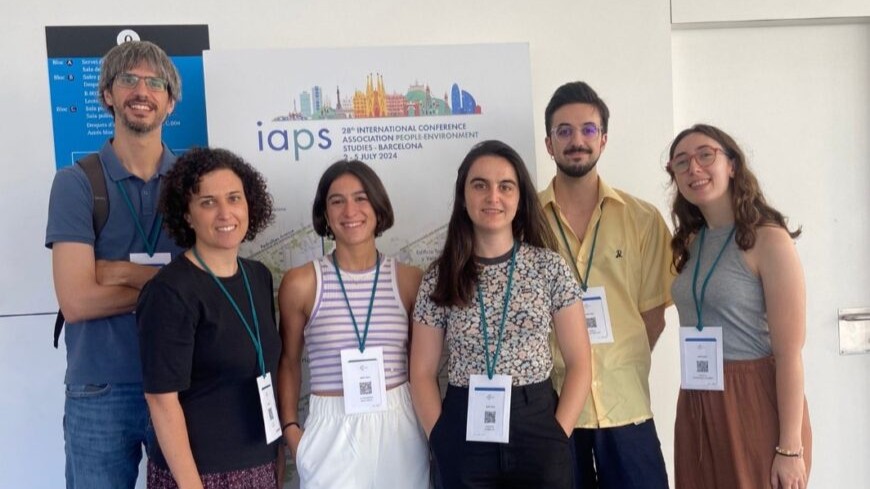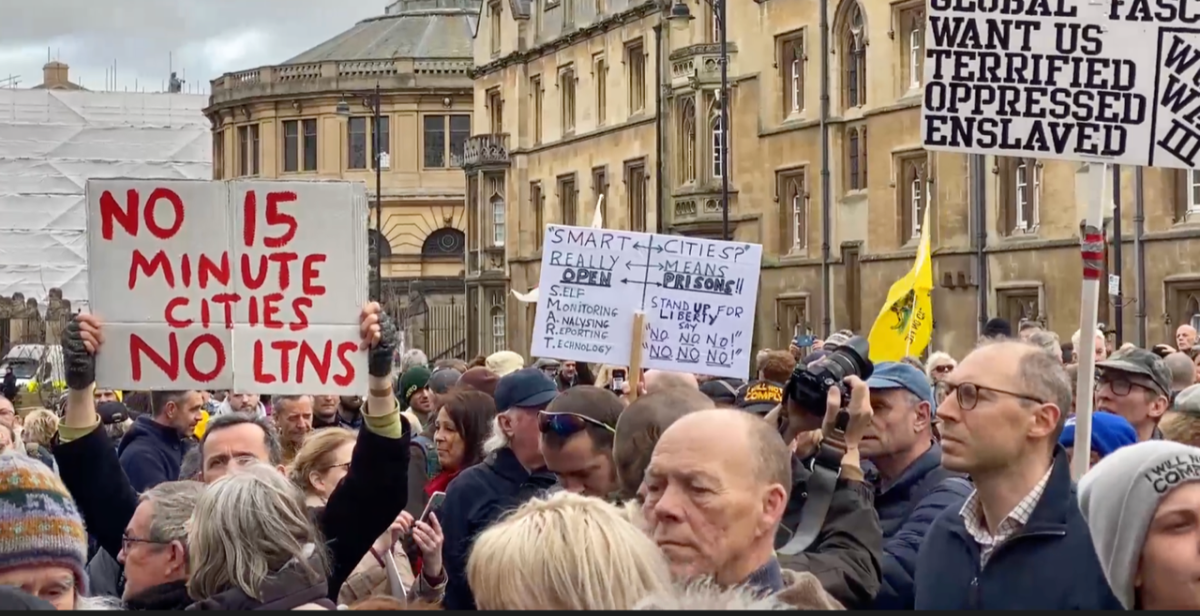The Active Travel Backlash Paradox:
Opposition and acceptability determinants of built environment-based sustainable travel interventions
Over the last few years, many cities have undertaken ambitious proposals aiming at reducing car use and creating a more sustainable, equitable, and healthy transportation system. Most of them, however, have been met with strong opposition movements. At the same time, mayors, and elected leaders worldwide, who have pushed for ambitious built environment-based travel demand policies, have later been vindicated by re-election wins. This would suggest the existence of an “active travel backlash paradox”, one where loud opposition movements might be concealing substantial silent support towards measures that aim to transform the built environment, in order to make it more walkable and cyclable.
The ERC-funded ATRAPA project aims to understand the determining factors of opposition and acceptability towards Built Environment-based Sustainable Travel Interventions (BESTI) to verify the existence of the active travel backlash paradox. By doing that, local policy-makers would potentially be encouraged to push forward with progressive travel policies, while disregarding vocal signs of opposition, thus reinvigorating climate change prevention strategies at the urban level.
This project has three main objectives:
- Test the existence of an active travel opposition paradox
- Elaborate a conceptual map of determinants of policy support and acceptability
- Examine pre- and post-implementation changes in acceptability
The ATRAPA project spans across 7 European cities that have undertaken major BESTI policies in the last decade.

